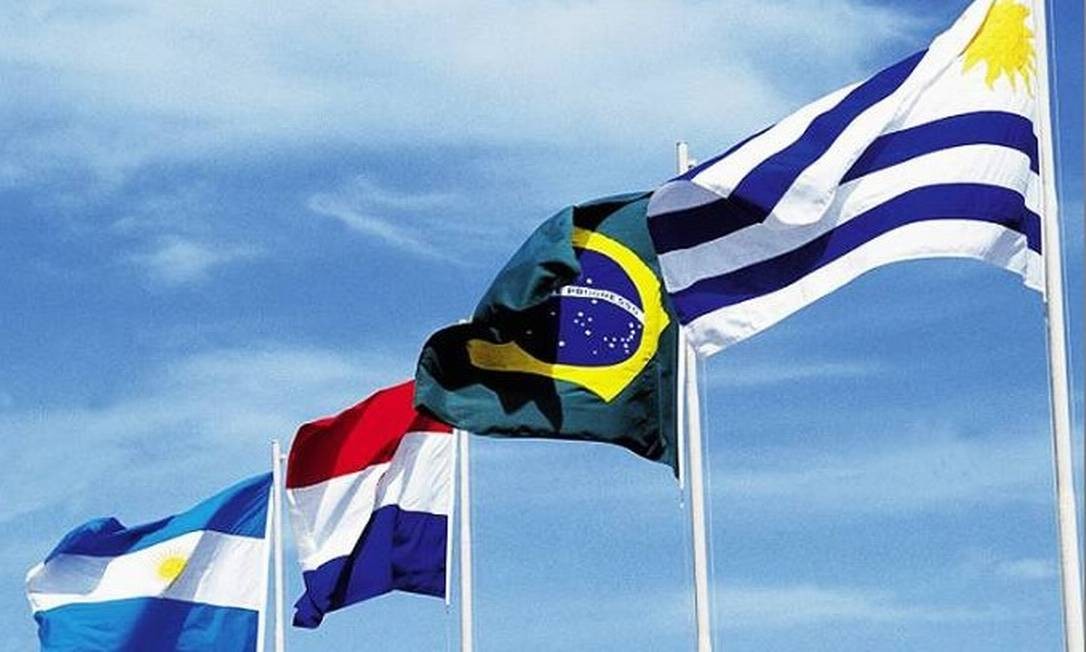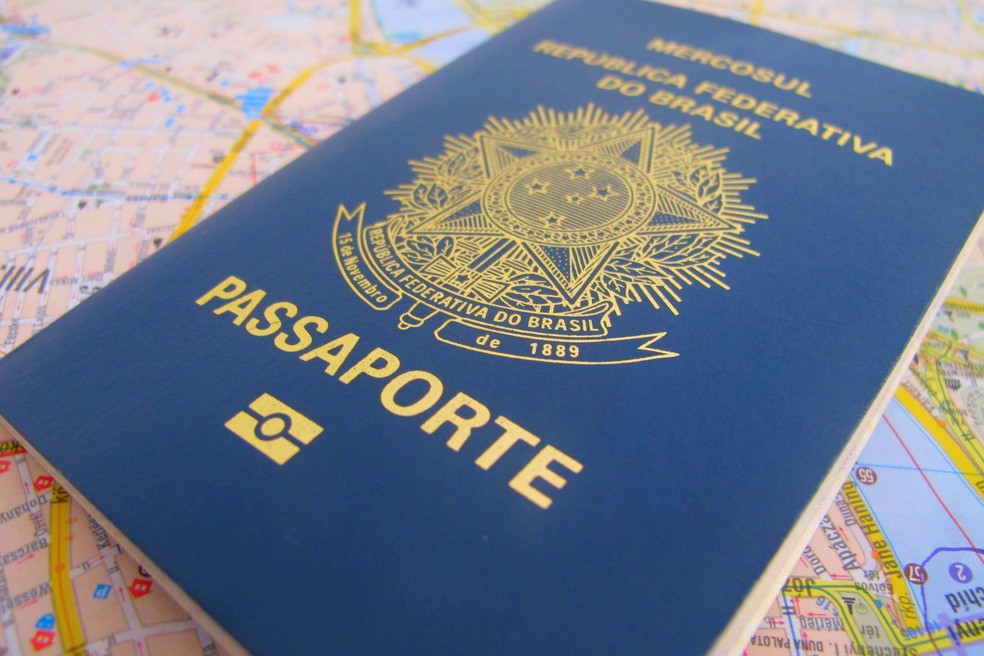RIO DE JANEIRO, BRAZIL – The Mercosur countries — Brazil, Argentina, Paraguay, and Uruguay — are expected to sign a worldwide “consular cooperation” agreement next week.
The rules have yet to pass through the legislatures of all the countries in the bloc before coming into force.

The agreement will allow a Brazilian citizen to seek, for instance, an Argentinian consulate in Europe or Asia in case of emergency or question, when Brazil has no consulate in that location.
The consular services available at these posts have yet to be defined.
The agreement is expected to be signed next Wednesday, July 18th, during the 54th Mercosur Heads of State Summit in Santa Fe (Argentina).
According to the Brazilian government, all countries in the economic bloc have expressed their agreement with the proposed rules.

Effects of the measure
According to the website of the Ministry of Foreign Affairs, Brazil is represented in 145 countries.
Argentina has representatives in 168 countries. In contrast, Paraguay lists only 41 embassies on the Chancellery’s website.
Nevertheless, tourists or Brazilian residents abroad may be benefited. In Germany, for instance, Brazil is represented by consular authorities in Berlin, Frankfurt, and Munich. But Argentina has posts in Berlin, Frankfurt, Bonn, and Hamburg, so the latter two may now serve Brazilians.
Security Agreement
The Mercosur summit is also expected to sign a migration integration agreement next week.
According to Itamaraty sources, the goal is to share information on the safety of migrants, such as their criminal history.
When the issue is discussed in local parliaments, the agreement must be adjusted to the privacy and personal data protection policies of each country.
According to the Brazilian ministry, the aim is to ease border traffic and, at the same time, strengthen security.

